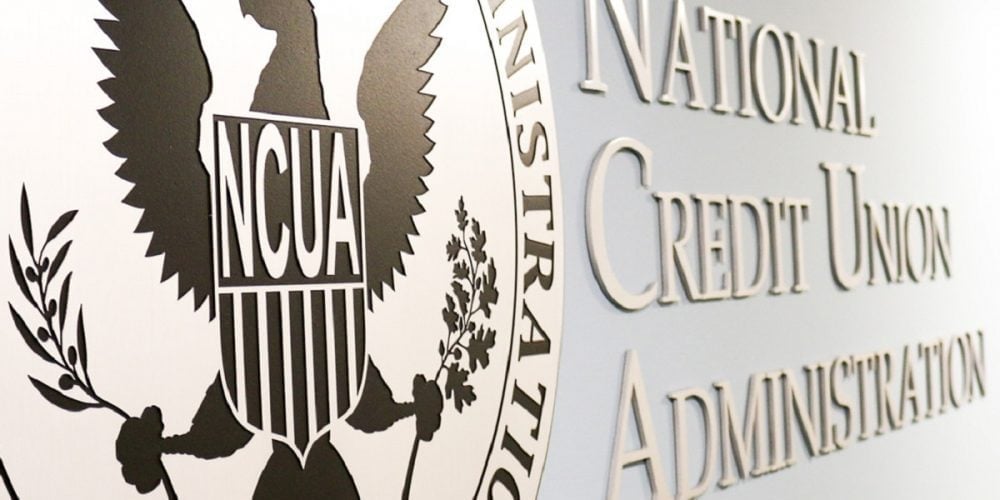When a credit union buys a bank, has something terribly wrong happened? Listen to bankers and you will think the answer is a loud yes.
Even some credit union veterans agree.
But it is the bankers who right now are creating the loudest noises.
Are they right? Why are these mergers occuring at all?
First off, some perspective. In 2019 there were exactly 16 credit union-bank mergers. There were 271 bank-bank mergers.
And yet here is the Independent Community Bankers Association shouting that the Devil is at the door, or words to that frightened effect: “ICBA and the nation’s community banks are calling on Washington to stop pressing the snooze button and wake up to the risks of aggressive, growth-obsessed credit unions and the costs of their taxpayer-funded subsidies,” ICBA President and CEO Rebeca Romero Rainey said. “With credit unions abandoning their founding mission in the name of expansion and risky lending, it is long past time for Congress to level the playing field between community banks and credit unions while reining in the National Credit Union Administration’s expand-at-all-costs agenda.”
The ICBA also announced a Wake Up campaign to warn the public about the perceived dangers of the tax exempt status of credit unions.
And yet, in a conversation with Keith Leggett, longtime senior economist of the American Bankers Association, now retired but who still writes his Credit Union Watch column, Leggett told me that when a community bank does a deal with a credit union it is because the bank is out to get the best deal for its shareholders and when that is a credit union, so be it.
Credit unions buying banks are also generally motivated by the opportunity to rather easily add new business lines - notably business lending, an area many community banks excel at - and they may be willing to pay a premium price over what other community banks would offer because those banks may already have those strengths.
In other words, the community bank that sells out to a credit union is simply doing what it is supposed to do as a shareholder-owned business.
So why all the yelling by banker groups and trade publications?
Leggett, in the conversation - and the audio is available in a podcast recording - said that in the world of association politics, fear sells. Shout to bankers that the wolf is at the door and many of them may well join the shouting about the evil of credit unions.
Even though it is bankers themselves who are deciding to sell out to credit unions and the institutions are gratefully accepting credit union dollars to do the deal.
Association politics, shrugged Leggett in the podcast. Fear breeds more fervent members who are that much more likely to renew their memberships. (And credit union trades cannot claim not to play similar fear cards. Fear works just as well to stir up credit unions.)
Bottomline: when a credit union buys a bank it is just good business and a credit union is a cooperative but that does not say it isn’t also a business.
Now, what about credit union executives who believe that just maybe there indeed is something wrong with credit unions buying banks? The illustrious Jim Blaine, retired CEO of SECU, the nation’s second biggest credit union, said something similar in a recent podcast. He worried about how well the cultures would blend and he is right: credit union mindset and culture are dramatically different from banker culture and mindset where the institution’s purpose is enriching shareholders, as opposed to the credit union mission of benefiting member owners.
Blaine also said that in a bank the daily mission is to sell customers more products. Not so in a credit union where often, he said, the right thing to do is to tell the member that he or she shouldn’t do such and such. Can you picture a banker talking a customer out of a BMW and into a Kia? But in a credit union, exactly that should happen often, said Blaine.
So is a credit union - bank merger bad? Wrong? The answer just may be that there is no easy answer. And while you are at that, just ignore the howling of the wolves at the door.







